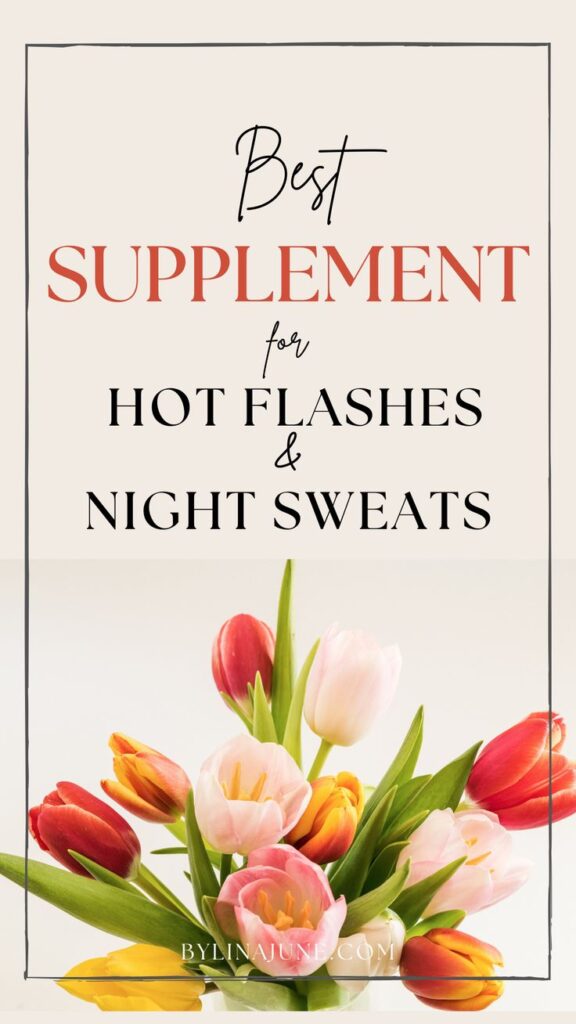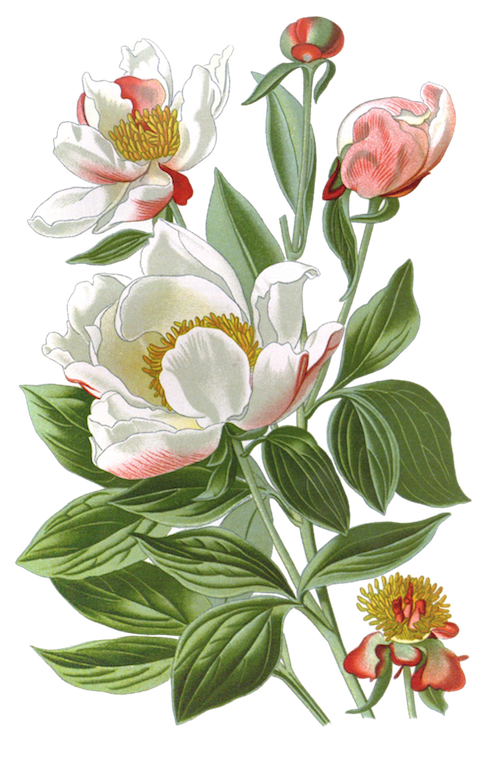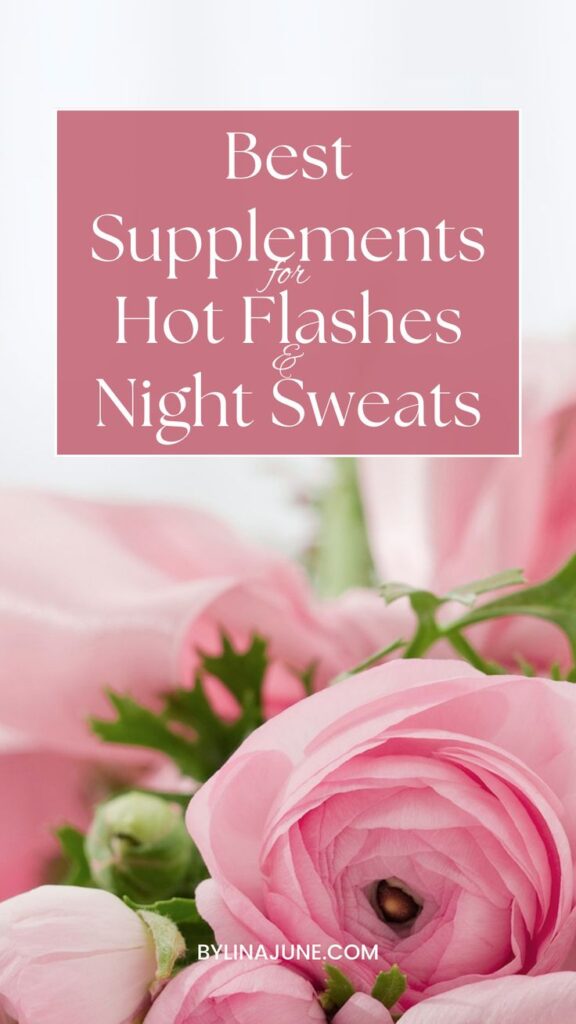Best Supplement for Hot Flashes & Night Sweats
Ah, hot flashes and night sweats. These fiery flushes and chilly clamminess, frequent visitors during perimenopause and menopause, can disrupt sleep, leave you feeling drenched, and frankly, just plain uncomfortable. While hormone replacement therapy (HRT) helps many women, it’s not for everyone. So, what’s the Best Supplement for Hot Flashes & Night Sweats out there? Let’s explore natural remedies, over-the-counter solutions, and the truth about menopause treatment options.

Pin to Pinterest!
Disclaimer: This post contains affiliate links, which means, as an Amazon affiliate, I will receive a commission at no extra cost to you, if you purchase through links on this site.
Hot Flashes Remedies Natural
Before popping pills, consider harnessing the power of nature’s bounty. Some herbs offer promising results:
- Black Cohosh:
This North American native shows potential in reducing hot flash frequency and severity, but consult your doctor as it can have side effects. - Red Clover:
Rich in phytoestrogens, these plant compounds might mimic some estrogen effects, potentially easing symptoms. However, further research is needed. - Soy Isoflavones:
Found in soybeans, these offer similar phytoestrogenic effects to red clover, but concerns about soy and potential interactions exist.
Remember, individual results vary, and research on these herbs is ongoing. Consult your doctor to see if they’re right for you.
Chinese Herbs for Hot Flashes: Exploring Traditional Wisdom
Traditional Chinese Medicine (TCM) offers a unique perspective on managing hot flashes. Practitioners view these symptoms as an imbalance of Yin and Yang energies within the body. Certain herbs are believed to help restore balance, potentially alleviating hot flashes:
- Dang Gui (Angelica sinensis):
This herb is better known as Dong Quai in the Western world. It is often used to nourish the Yin and regulate blood flow, potentially reducing hot flashes.
If you can’t find this herb in a local store, feel free to browse this selection online. - Bai Shao (White Peony Root):
Similar to Dang Gui, Bai Shao is believed to nourish Yin and calm the mind, potentially easing hot flashes and anxiety.
Also, for your convenience, a selection of White Peony Root Supplements available online here. - Sheng Mai (Raw Wheat Germ):
This herb is used to tonify the Yin and strengthen the Kidneys, which are believed to play a role in regulating hot flashes in Traditional Chinese Medicine.
It is commonly available as cereal, oil, and extract. A variety of products can be found here.

Important Note: Consult a qualified TCM practitioner for personalized herbal recommendations and guidance. Be aware of potential interactions with other medications and supplements.
What to Take for Night Sweats & Hot Flashes: Beyond Herbs
Supplements aren’t the only option. Lifestyle adjustments can be powerful allies:
- Prioritize Sleep:
Aim for 7-8 hours of quality sleep to manage stress and regulate hormones. - Eat a Balanced Diet:
Focus on fresh fruits, vegetables, and whole grains for optimal hormonal balance. - Manage Stress:
Practice yoga, meditation, or deep breathing to regulate your nervous system and potentially reduce hot flashes. - Keep Cool:
Dress in breathable layers, use cooling sheets, and avoid triggers like spicy foods and hot drinks.
Note: Over-the-counter pain relievers and antihistamines offer limited relief and might come with side effects. Discuss these options with your doctor based on your individual needs.

Pin to Pinterest for future reference!
Combination Products:
A Convenient Option
(But Read Before You Buy)
For those seeking a convenient, one-stop approach, combination products designed for menopause often boast ingredients like herbs, vitamins, and minerals targeted at hot flashes and night sweats. These readily available formulas can be tempting, but proceed with caution:
- Check the Ingredients:
Not all ingredients are created equal. Scrutinize the label for evidence-based components like black cohosh, red clover, or soy isoflavones, and avoid proprietary blends where dosages remain unclear.
- Beware of Unproven Claims:
Marketing can be misleading. Look for products based on scientific research and independent testing, and steer clear of exaggerated promises or vague descriptions.
- Consult Your Doctor:
Discuss any combination product with your doctor, especially if you take other medications or have underlying health conditions. They can evaluate potential interactions and advise on suitability based on your individual needs.
Note: This blog post is for informational purposes only and does not constitute medical advice. Please consult with a healthcare professional before making any changes to your diet or supplement regimen.
Privacy Policy | Terms & Conditions | Disclaimer | Cookie Policy

